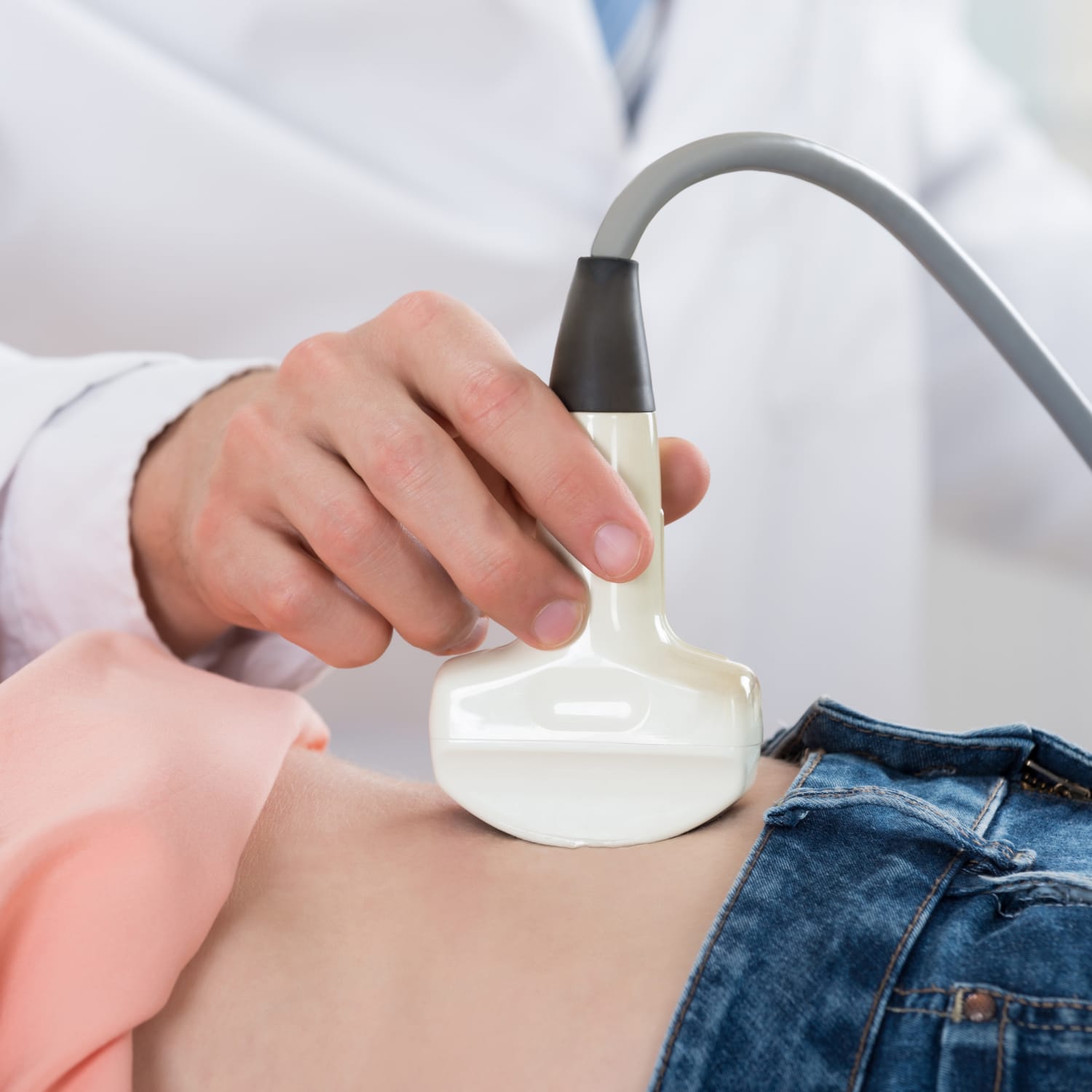IVF with egg donation has revolutionized the field of reproductive medicine, offering a viable solution for individuals and couples who face significant challenges in conceiving. This advanced procedure allows those who cannot produce viable eggs to still experience pregnancy and childbirth. Let’s explore how IVF with egg donation works, who it can help, and the essential considerations to keep in mind.
What is IVF with Egg Donation?
IVF (In vitro fertilization) with egg donation is a fertility treatment where a donor’s eggs are used to create embryos that are then implanted in the recipient’s uterus. The eggs are fertilized with sperm in a laboratory, and the resulting embryos are carefully monitored to select the best candidates for transfer. This process is ideal for women who are unable to conceive with their own eggs due to age, medical conditions, or genetic factors.
Who is Suitable for Egg Donation?
IVF with egg donation is an option for:
- Women with Ovarian Insufficiency: Those whose ovaries no longer produce viable eggs, whether due to premature ovarian failure, menopause, or other factors.
- Women with Genetic Disorders: Individuals who wish to avoid passing on certain hereditary conditions to their offspring.
- Women Who Have Undergone Fertility-Impacting Treatments: Those who have received treatments like chemotherapy that affect their egg production.
- Couples with Multiple Failed IVF Attempts: Couples who have not succeeded with traditional IVF may find success with donor eggs.
- Same-Sex Male Couples: Egg donation combined with surrogacy enables male couples to have a biological child.
The Process of IVF with Egg Donation
The IVF with egg donation process involves several stages:
- Selecting a Donor: The donor is chosen based on stringent medical, genetic, and psychological evaluations. Donors may be anonymous or known to the recipient.
- Ovarian Stimulation: The donor undergoes hormonal treatment to stimulate the production of multiple eggs, enhancing the chances of creating healthy embryos.
- Egg Retrieval: Once the eggs are mature, they are retrieved from the donor’s ovaries through a minor surgical procedure.
- Fertilization: The eggs are fertilized with sperm in a laboratory setting, and the resulting embryos are observed to select the most viable ones.
- Embryo Transfer: The highest quality embryos are transferred to the recipient’s uterus, where they may implant and develop into a pregnancy.
Legal and Ethical Considerations
IVF with egg donation presents several legal and ethical issues:
- Donor Anonymity: Regulations regarding the anonymity of the donor vary by country, with some allowing the donor’s identity to remain confidential, while others provide the recipient or child with access to this information.
- Parental Rights: The donor typically relinquishes all legal rights and responsibilities regarding the child, with the recipient assuming full parental rights.
- Ethical Issues: Ethical considerations include the rights of the child to know their genetic background, the implications of using donor eggs, and the potential commercialization of egg donation.
Success Rates and Associated Risks
IVF with egg donation generally has a high success rate, especially for older women or those with poor egg quality. However, there are potential risks involved, such as multiple pregnancies, complications for the donor, and emotional or psychological impacts on both the donor and recipient.
Conclusion
IVF with egg donation https://ngc.clinic/en/our-services-en/egg-donation offers a remarkable opportunity for those struggling with infertility to experience the joys of parenthood. While the process is complex, involving medical, legal, and ethical considerations, it provides a powerful solution for many who might otherwise be unable to conceive. Consulting with a fertility specialist and seeking comprehensive support can help navigate the intricacies of this journey, ensuring the best possible outcome for all involved.









Comments (0)